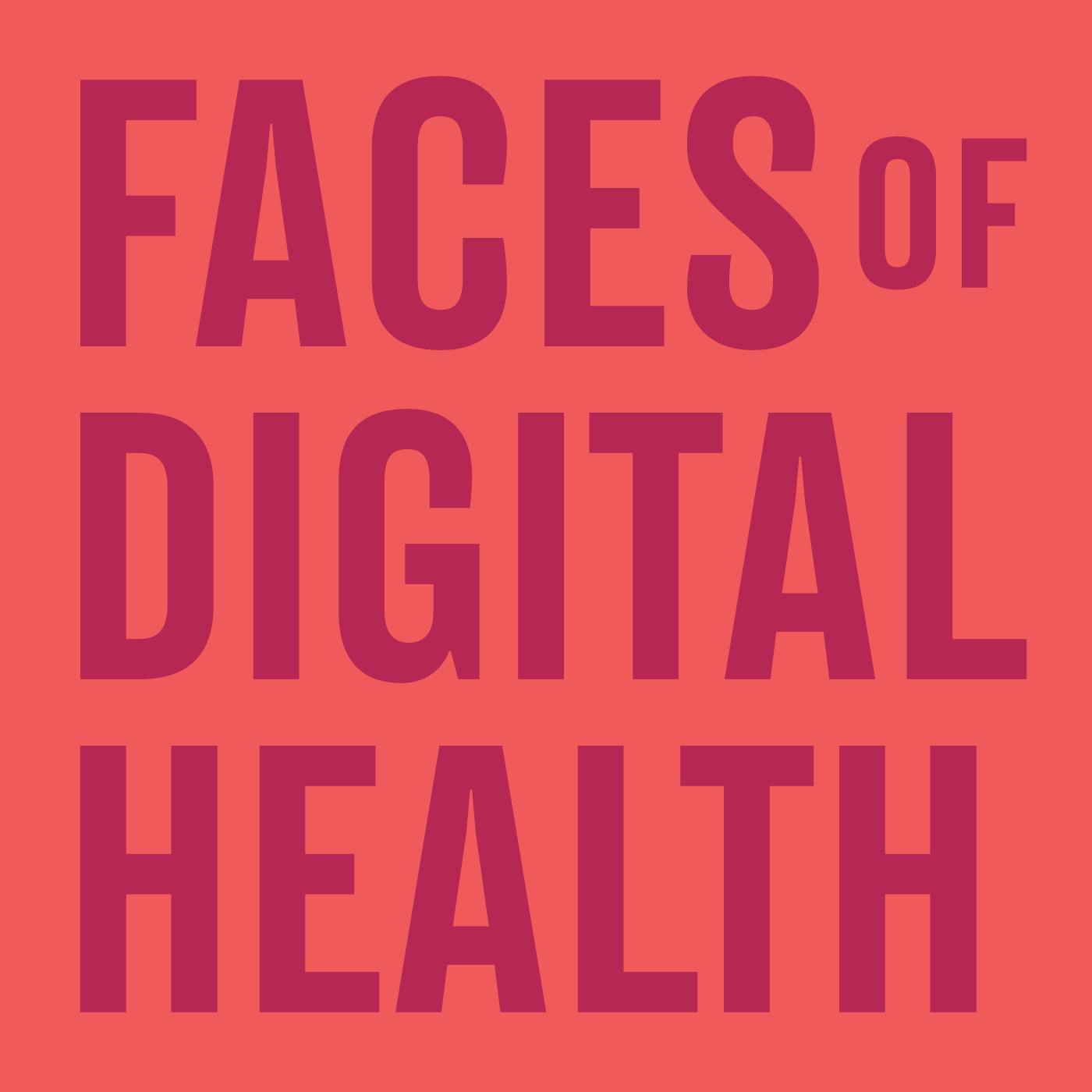Drug development is undeniably expensive. For years, the pharmaceutical industry cited an estimate of 3 billion US dollars. However, a recent study published in 2020 discovered that the median cost actually falls between 985 million and 1.3 billion US dollars. Even within this range, it remains a substantial amount. The high cost primarily stems from the significant failure rate of new potential medications that never progress beyond clinical trials. Computational biology and AI have already assumed significant roles in drug development. The aspiration is for them to expedite the creation of new, more precise, and tailored medications. Today, we will delve into biotech and explore how technology aids in predicting a specific patient's response to a particular drug. In a conversation with Rafael Rosengarten, the CEO of Genialis - a company using machine learning and high-throughput omics data to capture underlying disease biology and predict how patients will likely respond to targeted therapies, we explored the impact of computational biology on drug development and pricing, the application of generative AI in discovering novel molecules, and the challenges companies encounter in acquiring patient data to advance their work.
Sponsor: Magic Mind
Learn more at: magicmind.com/digitalhealth
Use the code: digitalhealth20
Find more at:
www.facesofdigitalhealth.com
Newsletter: https://fodh.substack.com/



